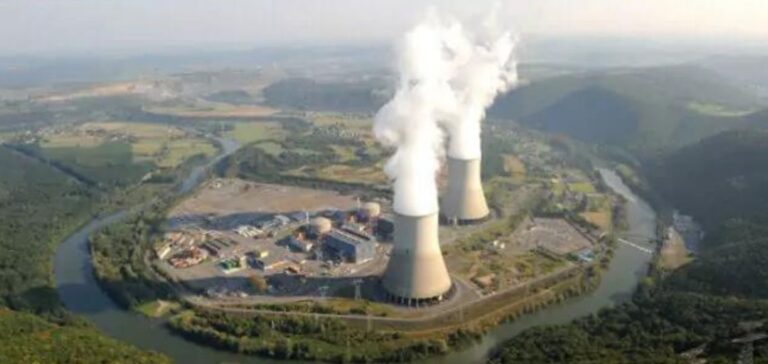The leaders of Europe’s nuclear industry recently published a manifesto detailing their priorities for the new European Commission. They stress the crucial role of nuclear power in providing the EU with secure and affordable energy. This document comes at a time when EU citizens have elected the 720 members of the next European Parliament, and when the new Commission and its President will soon be chosen.
An Ambitious Vision for 2050
The manifesto underlines the commitment of the Nuclear Alliance of the EU Member States, which plans to increase nuclear power generation capacity to 150 GW by 2050, from the current level of around 100 GW. This commitment is in line with the Net Zero Nuclear initiative, launched last November at COP28, which aims to triple global nuclear capacity by 2050.
Support from the Commission and Parliament
Recent support for this sector was reiterated by the European Commission at the Nuclear Energy Summit in March, and by the launch of the European Industrial Alliance for SMR. In addition, the European Parliament has adopted an own-initiative report on SMR, reinforcing recognition of the key role of nuclear power.
Calls to Action for Political Decision-Makers
In their manifesto, nuclear leaders call on policymakers to: treat all net-zero technologies on an equal footing; put in place coherent policies favoring nuclear deployment; allow nuclear access to EU funds and financing; include the nuclear fuel cycle in the Sustainable Finance Taxonomy; ensure that low-carbon technologies are not discriminated against in tax policies; allow innovative nuclear technologies access to funds beyond the Euratom program and further support nuclear research; and invest in the development of a skilled workforce.
A Strong Commitment from Industry
The manifesto asserts that, while the challenges are significant, they are not insurmountable if European institutions, EU Member State governments and the nuclear community work closely together. The European nuclear industry is fully committed to fulfilling its role in the energy transition.
A final word
Yves Desbazeille, Managing Director of the Nucleareurope association, emphasizes:
“Nuclear power is a clean and sustainable technology. It is therefore essential that the next Commission treats nuclear on an equal footing with other fossil-free technologies. We hope that future policy proposals will focus on objectives – decarbonization, competitiveness, energy sovereignty – rather than specific technologies.”
Today, nuclear power generates electricity in 14 of the EU’s 27 Member States, supplying 25% of Europe’s electricity and 50% of its low-carbon electricity.






















